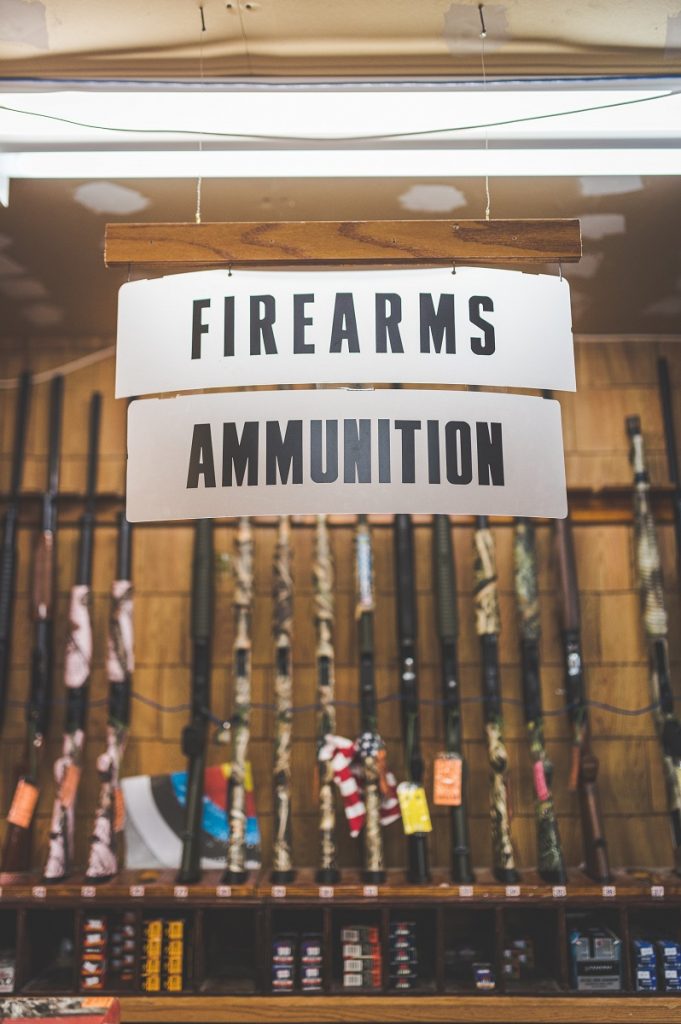The firearms industry presents unique challenges when it comes to payment processing, particularly for Federal Firearms Licensees (FFLs). As a firearms dealer, it’s crucial to understand the complexities of payment processing and implement best practices to ensure compliance and smooth transactions. In this blog post, we’ll explore the challenges and best practices for processing payments in the firearms industry.
- Compliance with Legal and Regulatory Requirements: The firearms industry is heavily regulated, with federal, state, and local laws governing the sale and transfer of firearms. It’s essential for FFLs to ensure their payment processing practices comply with all applicable laws and regulations, including the Gun Control Act (GCA), the National Firearms Act (NFA), and the Bureau of Alcohol, Tobacco, Firearms and Explosives (ATF) guidelines. This includes verifying the age and eligibility of customers, conducting background checks, and maintaining proper record-keeping.
- Finding Firearms-Friendly Merchant Services: Due to the nature of the firearms industry, not all payment processors are willing to work with FFLs. Finding firearms-friendly merchant services can be challenging, as some processors may have restrictions or limitations on processing payments for firearms-related businesses. It’s crucial for FFLs to research and identify reputable merchant service providers that specialize in the firearms industry and understand its unique requirements.
- Managing High-Risk Processing: The firearms industry is often considered high-risk due to the potential for chargebacks, fraud, and legal issues. FFLs need to implement robust risk management practices, such as verifying customer identities, monitoring transactions for potential fraud, and implementing secure payment gateways and encryption technologies to protect customer data.
- Educating Customers on Payment Options: Some customers may be unfamiliar with the payment options available for firearms purchases, such as layaway plans, financing, or deferred payments. FFLs should educate their customers on these options and provide clear information on payment terms, interest rates, and any associated fees. This can help manage customer expectations and avoid payment disputes or delays.
- Maintaining Transparent Communication: Communication is key in the firearms industry, especially when it comes to payment processing. FFLs should maintain transparent communication with their payment processor, providing accurate and up-to-date information about their business, transactions, and any changes in their processing needs. This can help establish a trusted relationship with the payment processor and ensure smooth payment processing operations.
Conclusion:
Payment processing in the firearms industry can be complex and challenging, but with proper understanding and implementation of best practices, FFLs can navigate these challenges successfully. Compliance with legal and regulatory requirements, finding firearms-friendly merchant services, managing high-risk processing, educating customers on payment options, and maintaining transparent communication with payment processors are crucial for smooth payment processing operations in the firearms industry. By following these best practices, FFLs can ensure compliance, build customer trust, and streamline their payment processing operations.
If you would like more information on how D4 Payments can help you, feel free to reach out!



